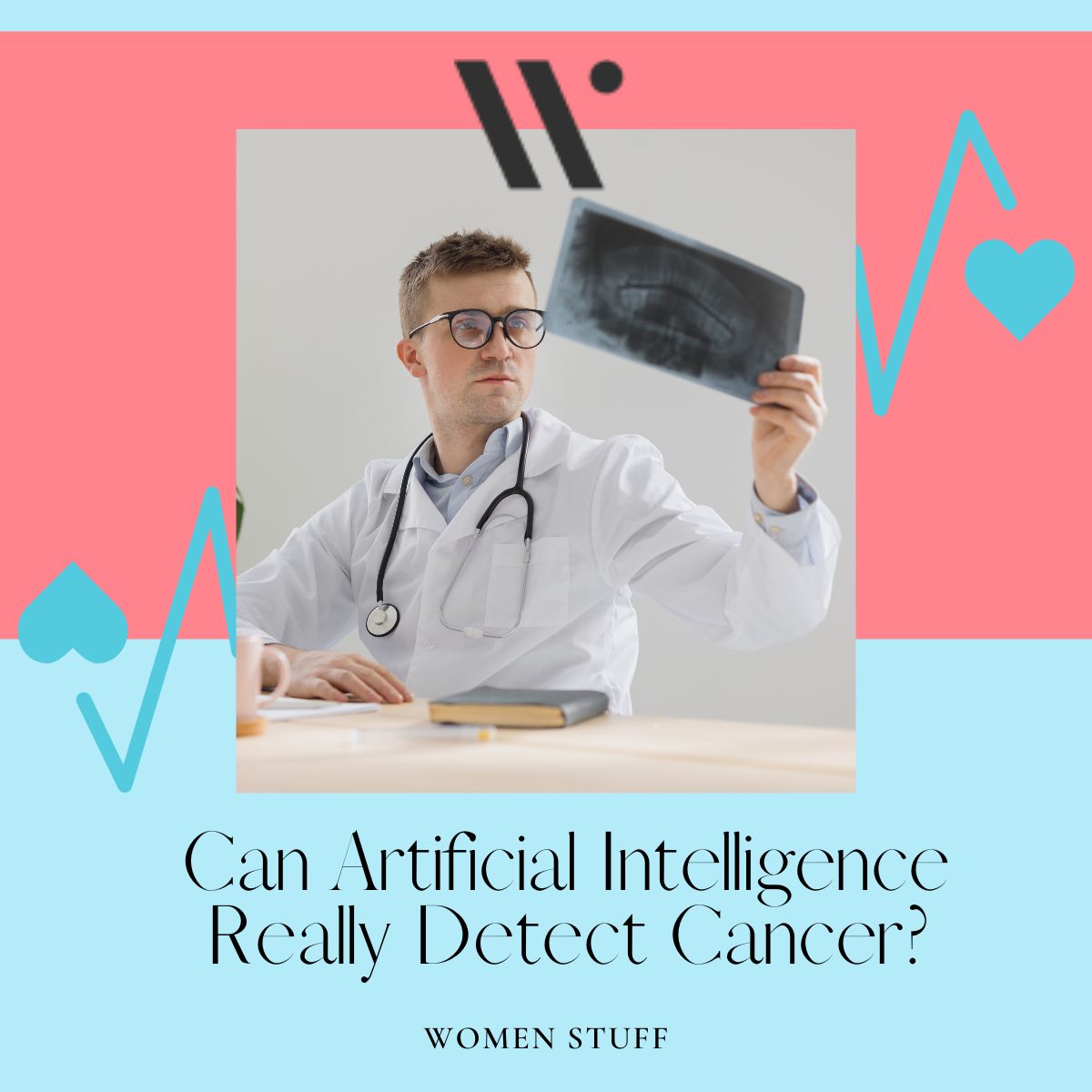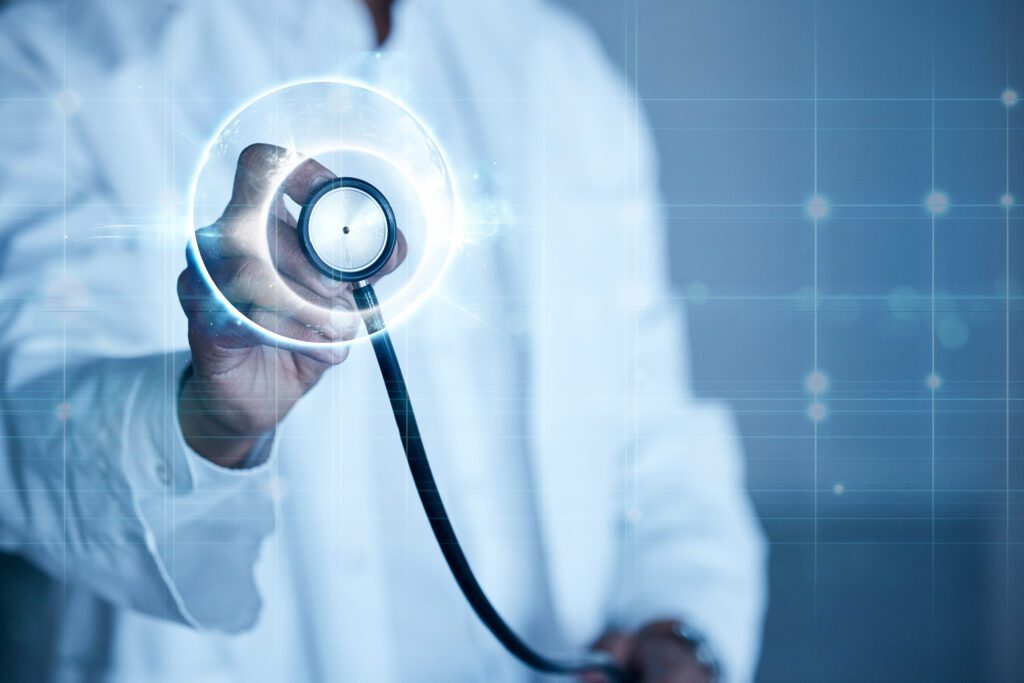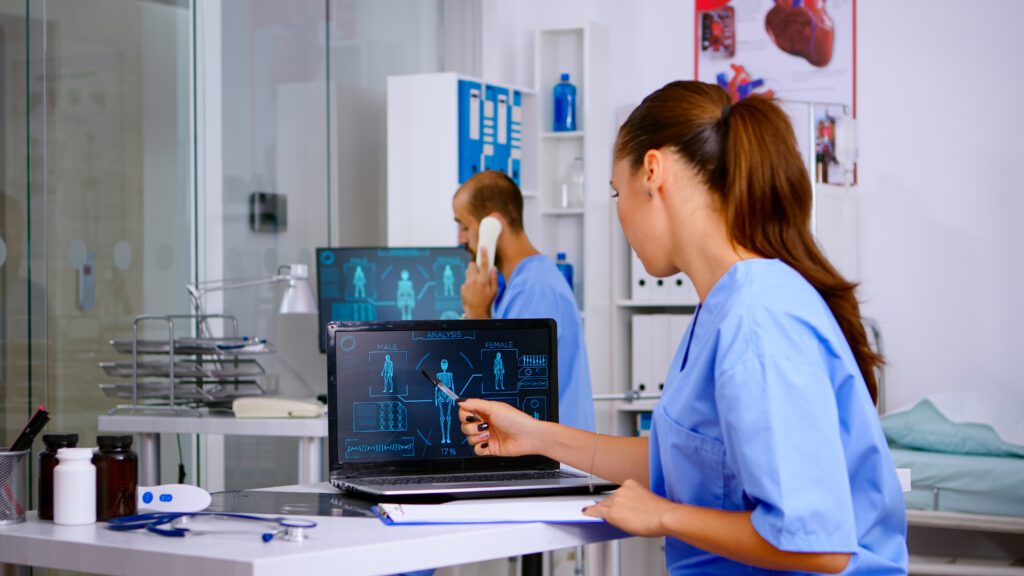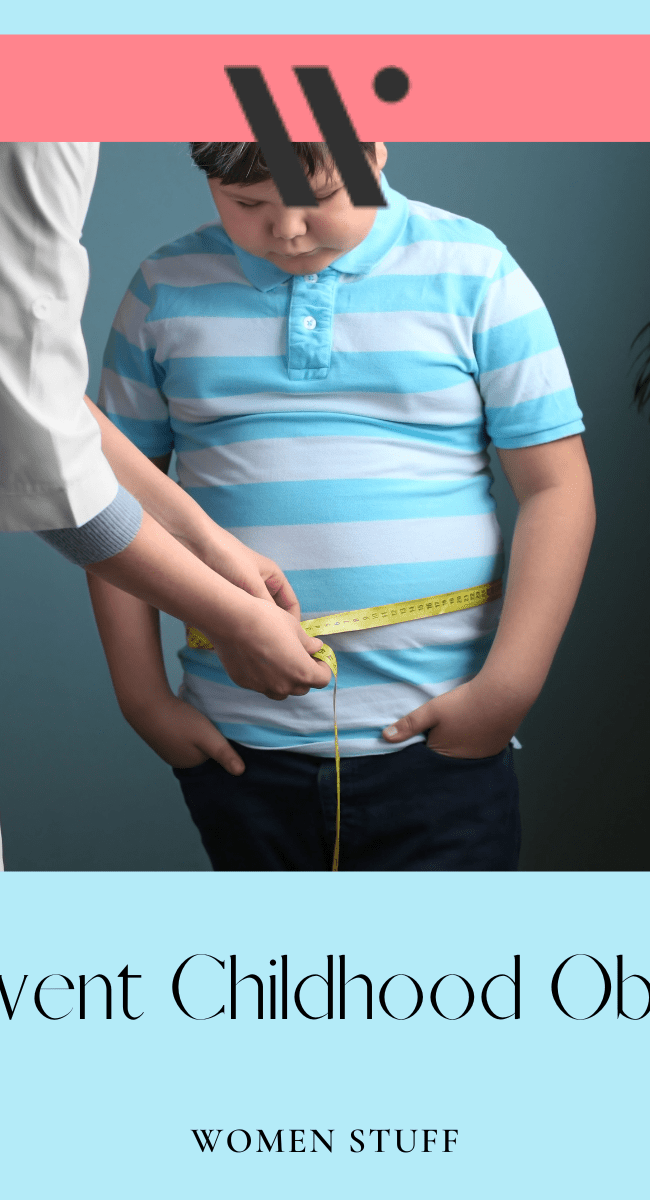
Can Artificial Intelligence Really Detect Cancer?
Doctors, researchers and scientists have come a long way in developing new technologies to aid in the detection of cancer. However, early detection plays a vital role in a patient’s prognosis, and there is still room for improvement when it comes to the speed and accuracy of typical cancer detection tests. But the latest innovation in healthcare joining the fight against the number one cause of death worldwide? Artificial intelligence. Researchers are currently using machine-learning to build tools to detect and diagnose cancer with the hopes of potentially catching tumours or lesions that doctors could miss.
AI & Cancer Detection: The Latest

The short answer to the question, can artificial intelligence detect cancer? Yes. But whether the technology is reliable enough to be adopted as an industry-standard diagnostic tool is another matter. But there are a number of research studies being conducted on the efficacy of AI and cancer detection with promising results.
Breast Cancer Detection Study
According to the World Health organisation, breast cancer is one the most prevalent cancers worldwide, with more than 2.3 million women developing the disease every year. A Swedish study published in the Lancet Oncology journal last month suggests AI screening is as effective as two radiologists working together, does not increase false positives and almost halves the workload. In this randomised, controlled, population-based trial, women aged 40–80 years who underwent a mammogram between April 2021 and July 2022. Half of the women were assigned to a group in which AI read the mammogram before it was analysed by a radiologist. The other group’s mammograms were read by two radiologists without the use of AI. Results showed screenings supported by AI resulted in a cancer detection rate of 6 per 1,000 screened women, compared with 5 per 1,000 with the diagnostic standard approach.
Lung Cancer Detection Study
At MIT and Mass General Cancer Center in the United States, a team developed and tested an AI tool known as Sybil. Sybil was trained to analyse low-dose chest computed tomography scans; a lung cancer screen test recommended for people aged 50-80 who either have a significant history of smoking or currently smoke. After six years of testing and gathering data, Sybil obtained C-indices of 0.75, 0.81, and 0.80. Models achieving a C-index score over 0.7 are considered good and over 0.8 is considered strong. In other words, this technology could predict whether a person will develop lung cancer in the next year 86% to 94% of the time. However, the researchers noted this is a retrospective study, and prospective studies that follow patients going forward are needed to validate Sybil.
How Does AI Detect Cancer?

Researchers are currently testing a number of ways artificial intelligence, machine learning and deep learning can be used to detect cancer, but the approach used in the studies above relates to radiomics. Radiomics involves extracting a large number of quantitative features from medical images. AI can analyse these features to identify subtle differences in tumour characteristics that may not be visible to the human eye, aiding in diagnosis, prognosis, and treatment planning.
Will Artificial Intelligence Replace Healthcare Jobs?

AI technology is slowly seeping into our daily lives, but despite the promising signs it could help aid cancer detection and benefit public health, experts aren’t concerned AI could replace all jobs in healthcare.
Granted, artificial intelligence, machine learning and deep learning have proved to be valuable for a healthcare sector struggling with a shortage of staff, funding, infrastructure support and rising rates of professional burnout. Time consuming tasks like health data analysis, maintaining health records and other administrative tasks have been made easier thanks to this technology. Moreover, AI may play a vital role in research, diagnosis and detection as it continues to improve and the accuracy of its applications are studied.
However, working in healthcare always has, and always will require two essential skills only humans can provide: kindness and compassion. A reassuring smile from your GP or the reassuring touch of your midwife’s hand are an essential part of working in healthcare, so while AI may replace some duties and functions, it will never replace them all.
So, Can AI Can Detect Cancer?
Using AI applications in medicine was first proposed in the 1950’s, but it wasn’t until advancements in machine learning in the 2000’s this seemed theoretically possible. Fast forward to today, and AI systems are capable of analysing complex algorithms and self-learning. In this new digital age, there are signs we’re about to enter a new age in medicine; one where AI can be used not only to detect cancer, but improve risk assessment models, diagnostic accuracy, workflow efficiency and more.





